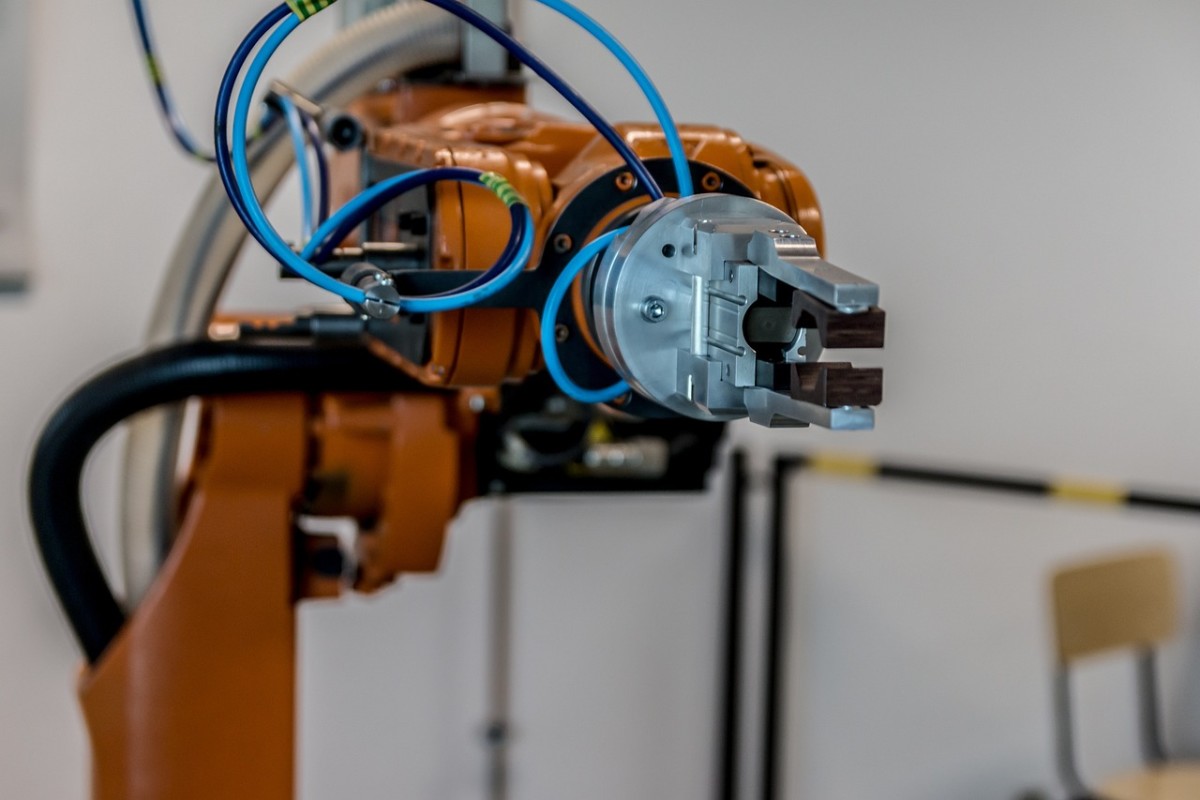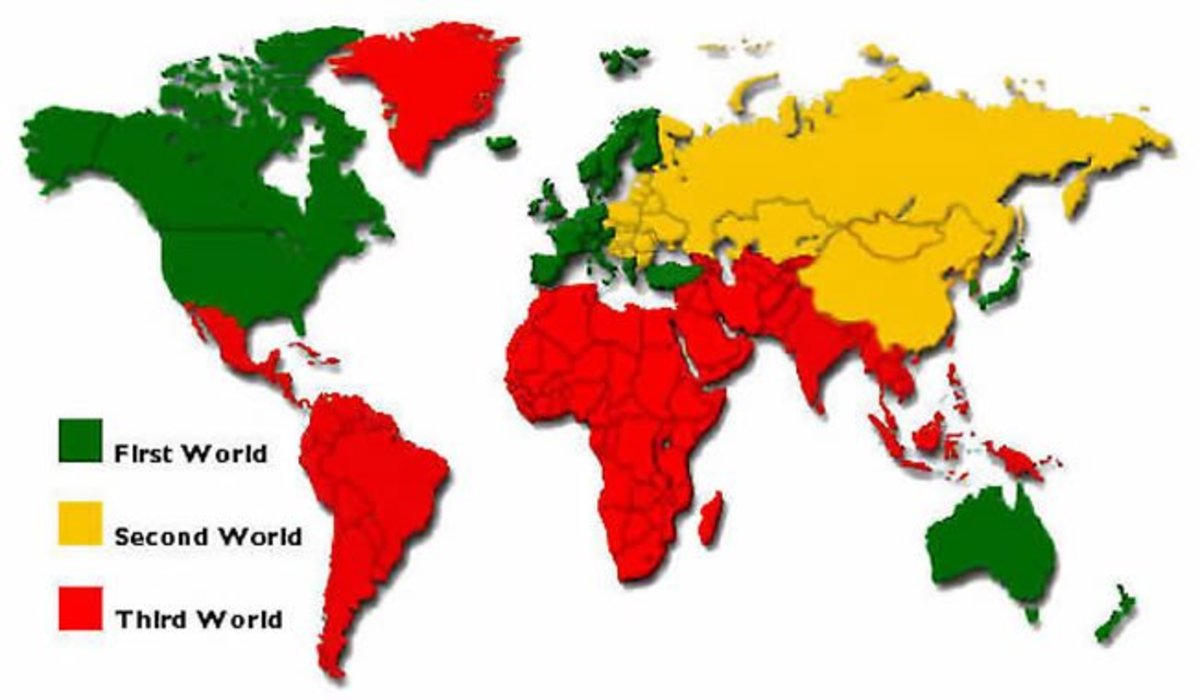Research Methods (for the Social Sciences)

What does this have to do with me anyway!!!
Research is found in all facets of life. You find it in articles, books, movies, and in everyday instances. Whether you are looking at articles about "10 ways to lose 10 lbs" or talking to a friend about the effects of stress on sleep. You are making assumptions about the legitimacy of the information and are unquestionably taking the information as factual.
While it might be nice to hear that "Drinking coffee lengthens lifespan" it is also important to realize that not all research is "good" and not all articles have done the appropriate research.
When you learn about the methods of research you can be an informed and educated person who can interpret whether these so called "facts" are really valid or reliable.
Uses of Research Methods:
-Assessing the effectiveness of treatments or programs
-Understanding and evaluating the legitimacy of research findings
-Becoming more knowledgable about the world around you.
-Discovering your own biases and the biases of others
Also check out my other sites

Ways of Knowing:
AUTHORITY: People with power or prestige who relay information; Typically with the information portrayed as factual. (ex. doctor recommended)
--------Benefits:
--------We cannot research and study everything
--------Authority can be specialize in a given area
--------Limitations:
--------Not all information is factual
--------There may be incentives to misinform the public (ex. pharmaceutical companies give doctors free medication to prescribe)
--------Subject to bias of the person in authority (ex. Doctors could have a bias towards drug treatment instead of natural alternatives)
-INTUITION: Observations or saying leading to common beliefs about the world around us.
-------Benefits:
-------Can make a decision quickly
-------Can make a decision without previous knowledge
-------Limitations:
-------Individual bias will affect conclusions
-------illusory correlation: two events appearing to happen together (sometimes it is a coincidence or a third variable)
-------Limited knowledge could affect a critical decision
While both intuition and authority both have importance in everyday life.
The Scientific Approach has been used in all areas of science in order to conduct research, analyze the data, make hypotheses and predictions about the data and to expand our knowledge of the unknown.
-SCIENTIFIC APPROACH: A way of systematically investigate, research and analyze in order to come up with a sound conclusions based on the presence of evidence.
--------Benefits
--------bias is limited due to the process involved.
--------All scientific reports are reviewed by peers in the science community
--------Research is testable or falsifiable
--------More certainty in the results
--------Limitations
--------It can be a lengthy process
--------You may not have the resources needed (ex. equipment, people, surveys, data, etc..)
Books on Research Methods

Goals of Research
1) Description (What, When, Where, Why)
2) Prediction (when this happens so will this)
3) Causality (what is the cause)
---temporal precedence: One condition must precede the other condition
---covariance of cause and effect: Both variable must be either present or absent. (ex. When condition A is present so is condition B, but when condition A is NOT present neither is condition B)
---eliminations of alternate explanations: There shouldn't be any other conditions present that could be an alternate hypothesis for causality of conditions.
4) Explanation (why does it occur)
5) Application (how can we use this knowledge in a practical way)









